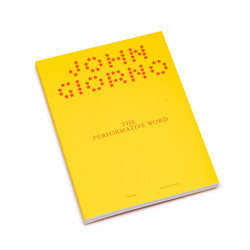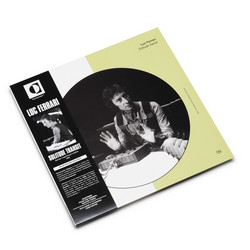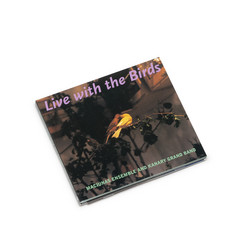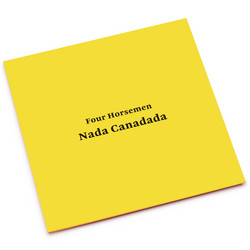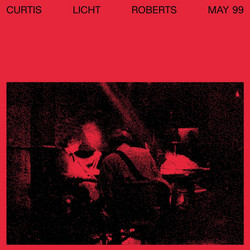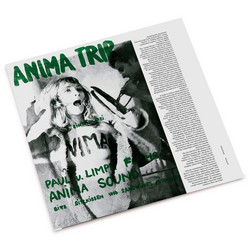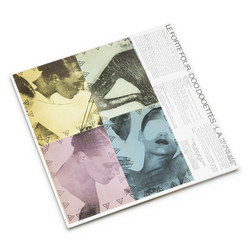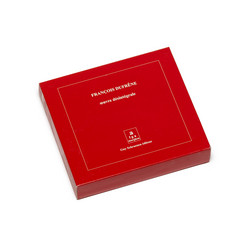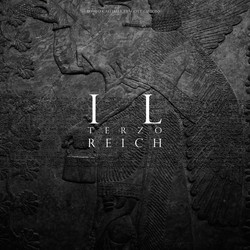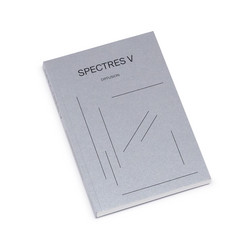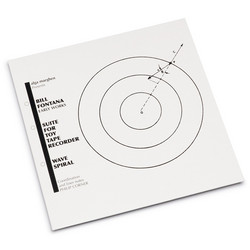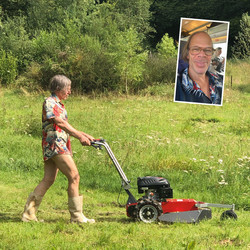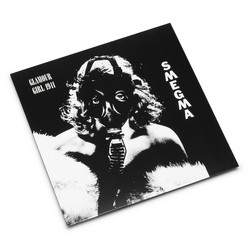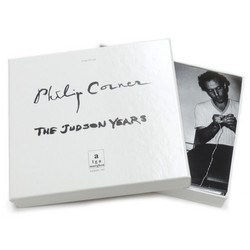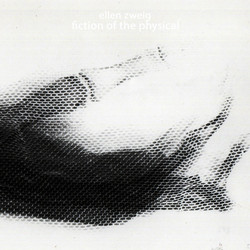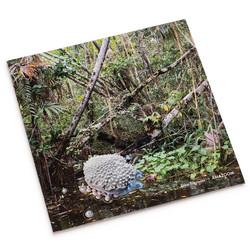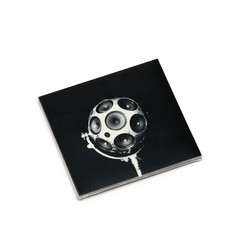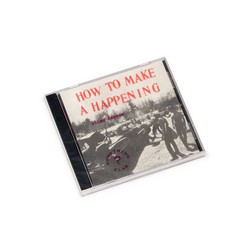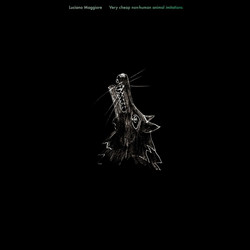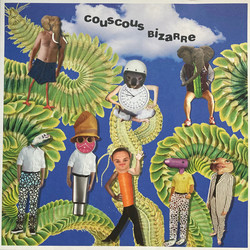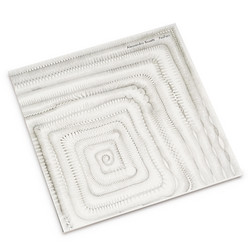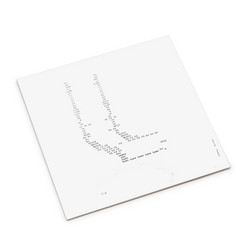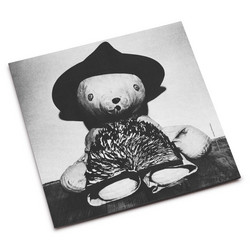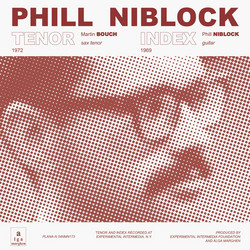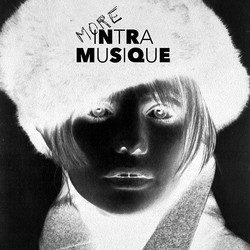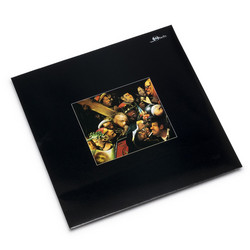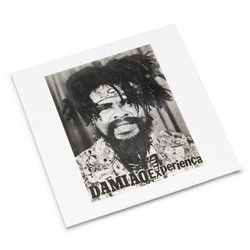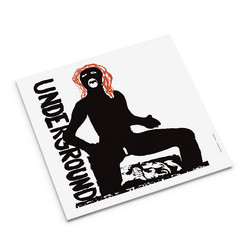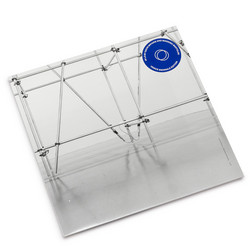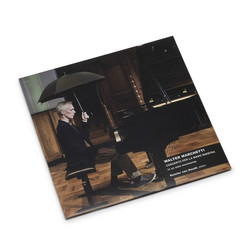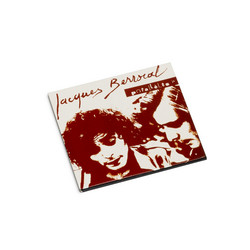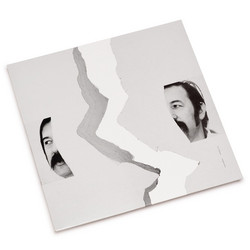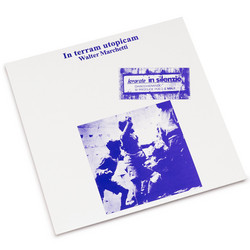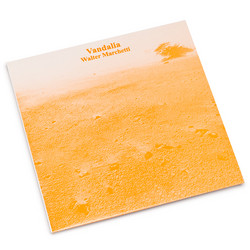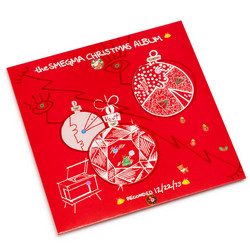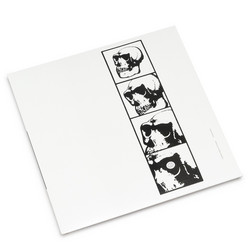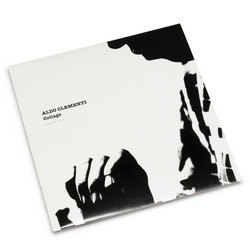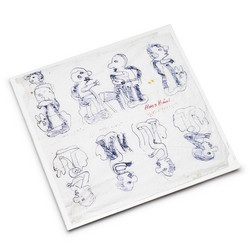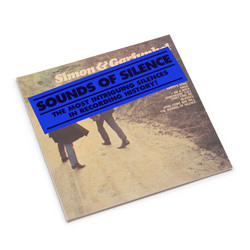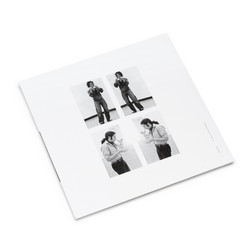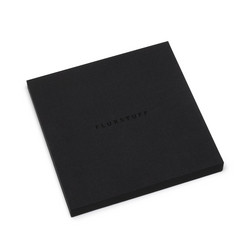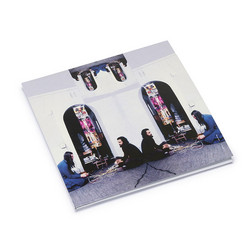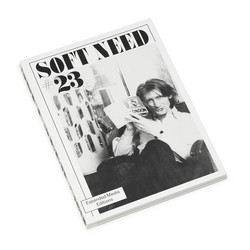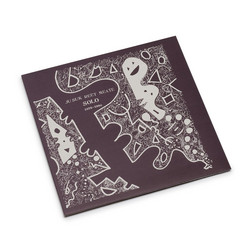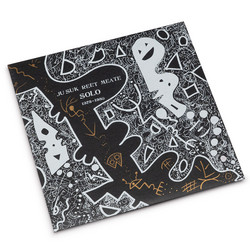Lucky restock, few available ** 300 copies only ** A major part of Katalin Ladik’s work was associated with vocal and instrumental music, although she had no particular music qualifications, nor was she an ‘amateur musician’, but rather a phenomenon of music excesses and voice miracles, combining music, theatre and poetry. Her music essentially addresses relations between sound and woman’s body. It was the music of a female body and its motions, transformation, action and expression: when she produced sounds with her body as a music instrument, playing folk or self-made instruments nude; when she voiced poetry or transformed voice into linguistically inarticulate sounds of phonic poetry; when her voice turned into a scream transforming poetry into acoustic event of music; or when she borrowed her transgressive voice to experimental musicians.
Katalin Ladik pursued her interest in music with the collaboration and life with the composer, musicologist and ethnomusicologist Ernö Király, while working for the Radio Novi Sad. Király developed his unconventional style in a synthesis of Hungarian folklore and free modes of music performance based on the relation composer-performer. Important issue for Ladik was how a woman attained subjectivity – unique feeling of the world – with a voice distinguishing her body as feminine.
The other important context of Ladik’s involvement in music was the contact with the Ensemble Acezantez (Ansambl centra za nove tendencije Zagreb) and the composers Dubravko Detoni, Branimir Sakač and Milko Kelemen. The ensemble was founded in 1970 and lead by Dubravko Detoni. The ensemble focused on combinations of tone and noise, movement, light, acting and pantomime. Katalin Ladik performed with them in 1972 and 1973.
- on "Water Angel" and "Three Orphans"
Katalin Ladik recorded a series of poetic sound actions that were used in two projects, and of which recordings exist. The first is “Water Angel”, where she recites fragments of her own lyrics mixed with parts from James Joyce and Lewis Carroll. It’s a kind of sonic-textual collage, one can also hear Király playing his self-built instrument called "zitherphone". The first part of “Water Angel” was used as a starting point for “Three Orphans” – another composition juxtaposing electronically modified voice with recordings of folk songs – this time Hungarian. It’s a kind of “adaptation of a Hungarian folk ballad”, utilizing recordings done in Transylvania in 1940, registered with a wax cylinder phonograph and gathered by Radio Novi Sad. The sound engineer for the project was Boris Kovač, an artist clearly interested in the combination of traditional music and “contemporary classical” as mass music for our times.
- on "Three Orphans"
It is important to note the colorful manipulations of the voice spectrum in the processing of folk lullabies called “Three Orphans”, which symbolically round out the path taken in this text, since they are conceptually similar to the recordings on the “Phonopoetica” vinyl. Unlike the works from the 1970s, in collaboration with Boris Kovač, there is a certain reduction of sound content and leaving more space for silence and reverberation of sound. Also, the quality of Katalin Ladik's voice recording is now significantly improved, and in some ways the subtle nuances of her virtuoso interpretation are being rediscovered. The transparency of the recording and the frequent segments of comprehensible text approximate this realization with radiophonic works, but due to the presence of music quotes of folk tunes, as well as the way of structuring voice artifacts - screams, whispers, chants, laughter, giggles, etc. - forming layers based on their sonor qualities, the “Three Orphans” can also listen as a musical composition.
- on “Electric Bird”, “White Bird” and “Ice Bird”
In the special issue of the Electronic Studio show we will present new works that Katalin Ladik realized at the Electronic Studio of Radio Belgrade in February this year (2019), together with the composer Svetlana Marasch. This will be an opportunity not only to hear these exclusive premieres, but also to shed light on the work of this avant-garde artist, as well as to recover from the rich studio archive one of the historical tapes recorded by Katalin Ladik at the beginning of her career. A master recording of the work "Phonopoiesis" (“Phonopoetica”) from the beginning of the 70's, which the artist realized in Radio Novi Sad and which she gave to the then head of the Electronic Studio Vladan Radovanovic during a visit in 1973. You will also hear three new works, entitled “Electric Bird”, “White Bird”, and “Ice Bird”, created through the poetic education and conceptual permeation of members of two very distant generations of artists engaged in experimental sound practice and whose poetics also capture the distant ends of that experimental spectrum.
Performing art Katalin Ladik is in a voice that comes from the head, throat, abdomen, heel veins, which arises in the body and transcends its limits by searching for images, sketches, instruments, techno-cultural bodies and postdigital remains of motherboards that become collage objects of its vocal art.
